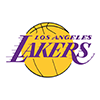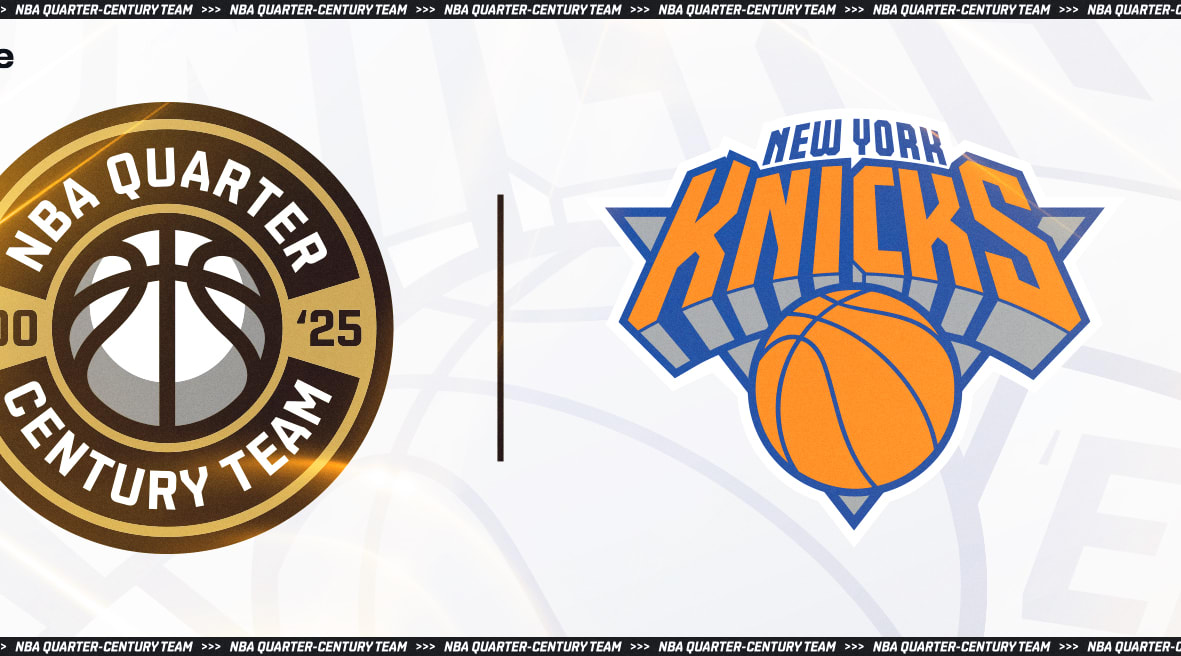It's no secret that the glory of the Jordan and Pippen years has faded in the Windy City. The Chicago Bulls have claimed six NBA championships, fourth all-time among all franchises. But all of those titles came in the 1990s and the franchise has reached the Eastern Conference final just once since.
RotoWire.com, as part of our NBA betting analysis, dug through recent history to find the best Bulls over the past 25 years. Here is our Chicago Bulls All Quarter Century Team.

We used a mix of statistics, accolades and impact to determine this list. It's designed like a traditional starting basketball lineup (two forwards, two guards and a center), not necessarily the five players with the best stats or metrics regardless of position.
Derrick Rose (2008 to 2016)
The only Bulls player to be named Most Valuable Player since Michael Jordan's heyday, Rose was the franchise's most impactful player of the past 25 years. The guard out of Memphis established himself quickly by being named Rookie of the Year in the 2008-09 season. By his third season, he was the MVP at age 22 and earned three All-Star selections in his first four seasons. An injury cost him the 2012-13 season and Rose was never quite the same after that. Still, he went on to play 15 seasons with six different clubs. And in seven seasons in Chicago, Rose averaged 19.7 points and 6.2 assists per game, assuring the guard a spot on our Bulls All Quarter Century Team from RotoWire.
Zach LaVine (2017 to 2025)
LaVine was traded to the Sacramento Kings in February, ending his tenure of seven-plus seasons in Chicago. The guard played 416 games with the Bulls, averaging 24.2 points and 4.3 assists a game, and was an All-Star selection in 2021 and '22.
The No. 13 overall pick in the 2014 NBA Draft, the former UCLA standout spent his first three seasons with the Minnesota Timberwolves before the Bulls acquired him in a trade in June 2017. LaVine led the Bulls in Win Shares (according to basketball-reference.com) in 2019-20 and 2020-21, but Chicago made the playoffs just once during his time there.
Jimmy Butler (2011 to 2017)
Chicago's pick in the 2011 NBA Draft, No. 30 overall out of Marquette, blossomed well beyond the expectations that come with his draft position. Butler was named the league's Most Improved Player in 2014-15, his fourth season, when he really began to emerge as a star. The forward spent his first six seasons with the Bulls, averaging at least 20 points per game in his final three campaigns in the Windy City, before joining the Minnesota Timberwolves in 2017. Butler led the Bulls in Win Shares three times and has amassed 123.7 WS over 14 seasons with five clubs in his career. He is still chugging along with the Golden State Warriors, as a possible player to watch on NBA betting apps next season.
Carlos Boozer (2010 to 2014)
Boozer, the former second-round pick out of Duke, well exceeded his draft stock just as Butler did. After two seasons with the Cleveland Cavaliers and six with the Utah Jazz, the forward arrived in Chicago via trade in July 2010. Boozer spent four seasons with the Bulls, averaging 15.5 points and 9.0 rebounds a game. Chicago went to the playoffs in each of his four seasons there, including a trip to the East final in 2011. The Bulls lost that series to the Miami Heat to end the franchise's best season of the post-Jordan years, in which they went a league-best 62-20.
Joakim Noah (2007-2016)
The center led Florida to consecutive NCAA Tournament championships in 2006 and 2007, then became Chicago's first-round draft selection in 2007 in the ninth overall slot. Noah makes this team as its best center of the past 25 years thanks to a nine-year tenure in which he was named the NBA Defensive Player of the Year in 2013-14.
That season, he was also named first-team All-NBA and finished a career-high fourth in MVP balloting after averaging 12.6 points, 11.6 rebounds, 1.5 blocks and a career-best 5.4 assists per game. The son of former tennis star Yannick Noah wound up his NBA career with 61.9 WS over 13 seasons, having played 672 games with four teams.


























